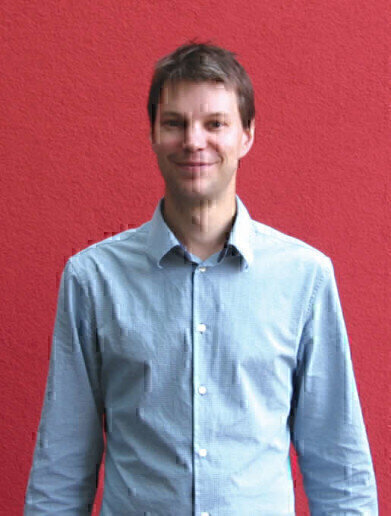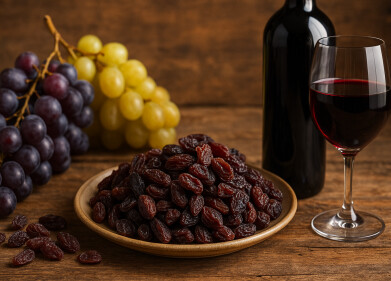News
Step Forward in Battle Against Bacterial Disease
Mar 25 2009
Scientists at the University of East Anglia and the John Innes Centre have made a key discovery about how infectious bacteria succeed in invading the human body - despite being under
attack by Nitric Oxide (NO), the highly poisonous gas produced by the human immune system as an early line of defence. It is designed to cause rapid bacterial cell death, but the attacking
microbes have evolved special NO sensors to help them survive.
They have discovered one of these sensors NsrR , contains a metal centre known as an iron-sulphur cluster that is bound and destroyed by NO. This makes NsrR fall off DNA and results in the expression of genes that are normally blocked by NsrR. One of these genes encodes a flavohaemoglobin protein named Hmp that detoxifies NO. The discovery could pave the way for inhibitors to be developed to block NO sensing and help the human immune system to kill invading microbes. Funded by Research Councils UK and the BBSRC, the research was led by Dr Matt Hutchings of the University of East Anglia and Dr Nick Tucker at the John Innes Centre. “This is an exciting breakthrough in our knowledge about how bacteria sense and respond to Nitric Oxide,” said Dr Hutchings.
“By understanding the molecular processes behind the sensor proteins’ behaviour, it is hoped techniques can now be developed that will block the ability of bacteria to sense Nitric Oxide – potentially a major step forward in our battle against bacterial disease.” The findings on how NsrR works at the molecular level have been published in PLoS ONEhave been Published this week in the journal PLoS ONE.
Digital Edition
Lab Asia Dec 2025
December 2025
Chromatography Articles- Cutting-edge sample preparation tools help laboratories to stay ahead of the curveMass Spectrometry & Spectroscopy Articles- Unlocking the complexity of metabolomics: Pushi...
View all digital editions
Events
Jan 21 2026 Tokyo, Japan
Jan 28 2026 Tokyo, Japan
Jan 29 2026 New Delhi, India
Feb 07 2026 Boston, MA, USA
Asia Pharma Expo/Asia Lab Expo
Feb 12 2026 Dhaka, Bangladesh



















